Women are the Unsung Heroes of the Pandemic
The last twelve months have rocked our institutions to their core. At home and in the workplace, women are steering us to better waters. This International Women's Day, we recognize the contributions of women - the unsung heroes of the pandemic.
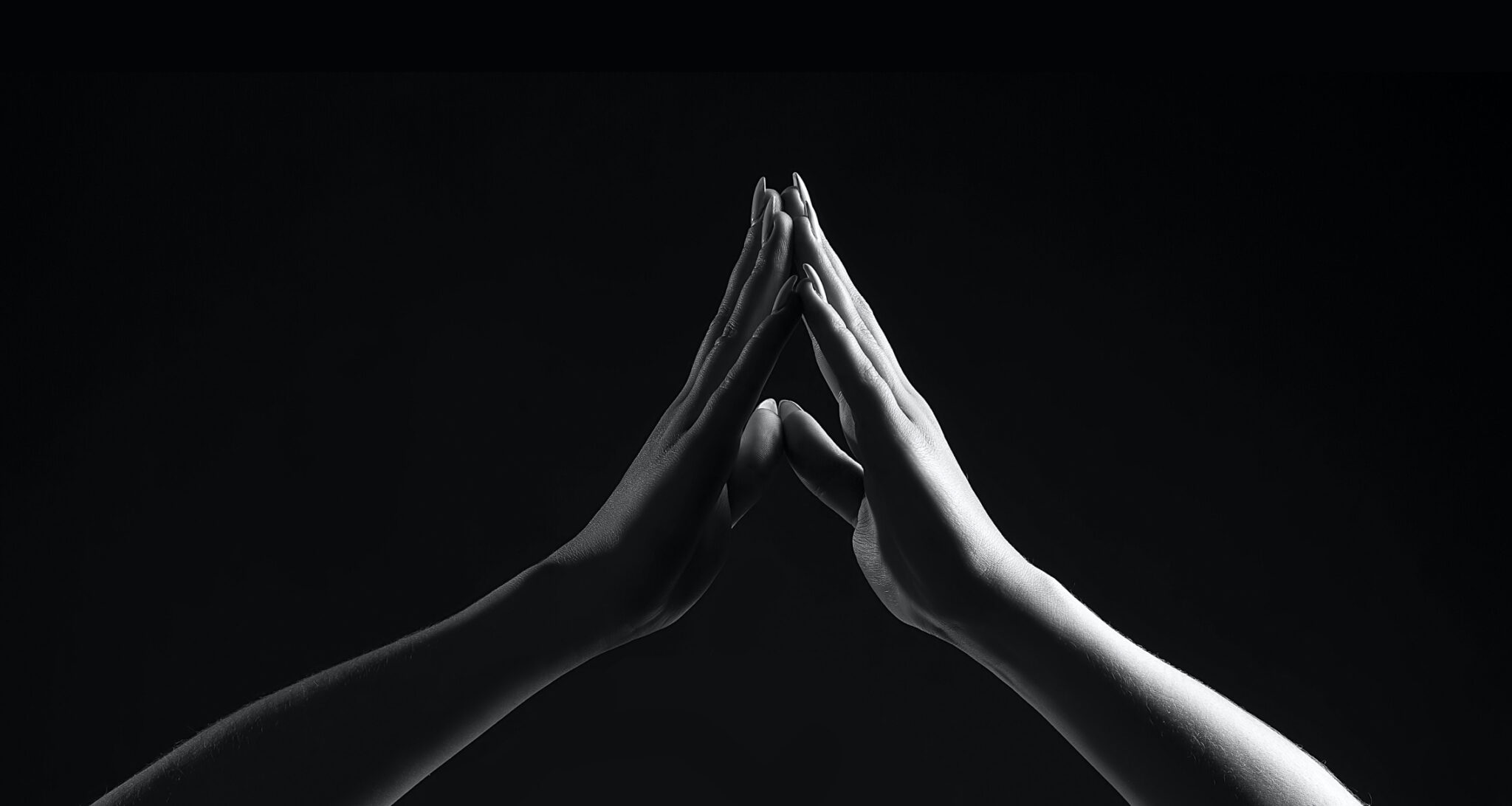
Words:
Sara Chiarotto O’Brien
As a female founded and woman-led business, ENSEMBL is familiar with the unique challenges that face women – especially those that arise when navigating a new path.
Like most businesses, our operations faced uncertainty and obstacles we could have never predicted when the pandemic hit. Like the women we look up to in every field, we persisted – and made it to the other side. We are lucky to work with equally driven, adaptable women in our brand design, quality assurance, growth, and logistics teams – these women have played a huge role in our ability to make it through the past twelve months and into a new era for the brand we’re building.
On this International Women’s Day, we’re reflecting not just on the accomplishments of women, but the specific accomplishments women make when facing immense challenge and resilience in the wake of adversity.
International Women’s Day is a time to celebrate the accomplishments of women. But the last twelve months of crisis have been full of setbacks.
Women were forced out of the workforce at four times the rate of men. In America, women make up 80% of the healthcare workers who battled the virus through long hours with no foreseeable relief.
But, even as decades of progress on women’s labour participation and financial freedom has been undone, or at least put on hold, the pandemic has also brought to light the accomplishments, leadership, grit, and unsung sacrifice of women around the world. In a time of uncertainty, they led nations, protected communities, and developed scientific breakthroughs. They did the work that got us closer to the end of a pandemic.
As early as April 2020, news outlets reported striking differences in the coronavirus response strategies of different nations. While leaders in the United States, Brazil, and Russia attempted to downplay the seriousness of outbreaks and disseminate lethal misinformation, countries with the most successful responses took action fast – implementing mask mandates, lockdowns, and school closures. Among them were Germany, New Zealand, Finland, Iceland, Denmark, and Taiwan. All led by women.

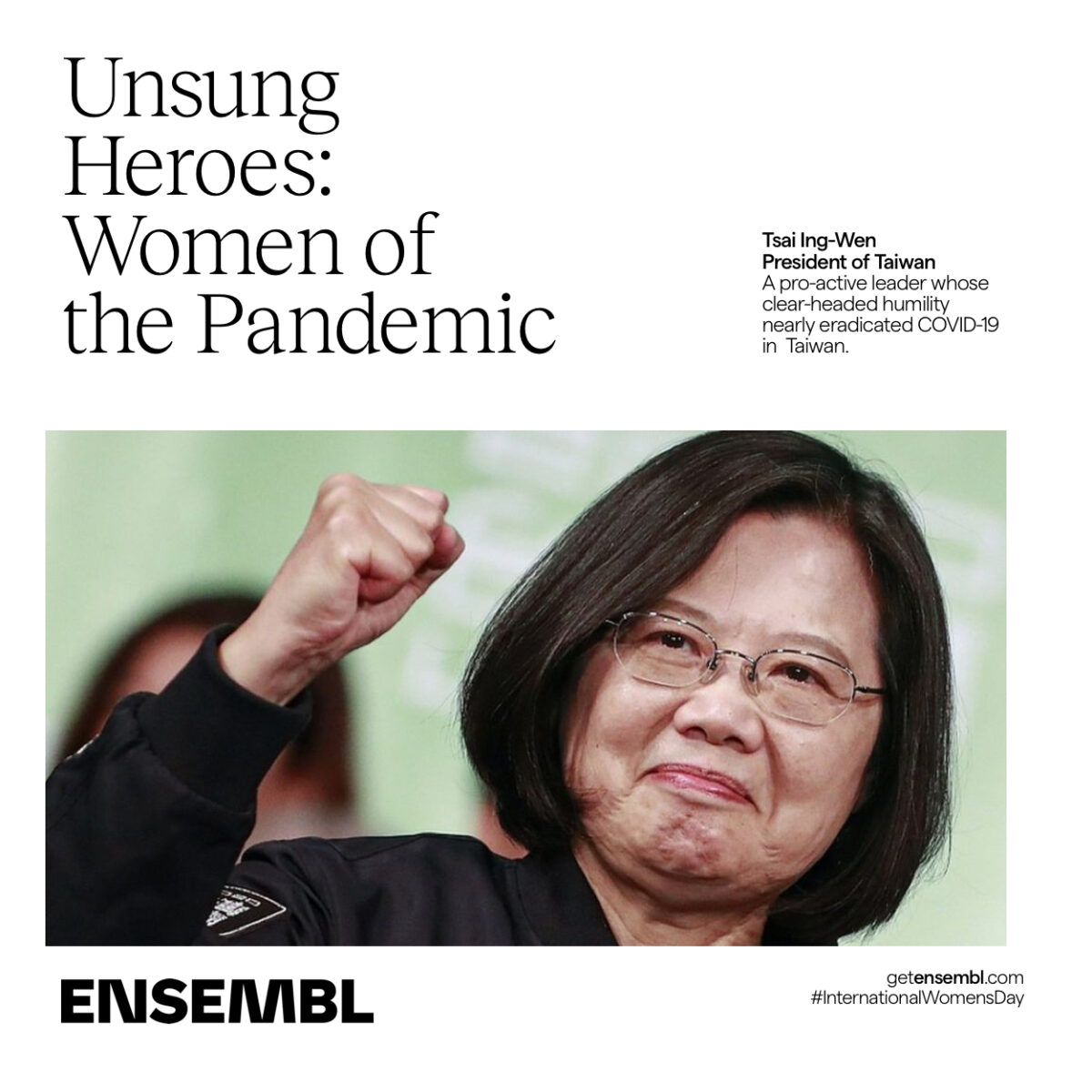
Contrary to popular leadership doctrine that recommends women try to emulate men in their leadership styles, each of these women led their response in an anti-macho manner. They did not appear on stages to proclaim early victories against the virus or declare their countries untouchable. They were decisive, acknowledged risk, and acted quickly to implement testing procedures.
President Tsai Ing-Wen of Taiwan announced 124 COVID protection measures before the first waves of the virus had even begun to hit her country. As of March 1st, her country has a total of 18 active cases.
In Europe, Norway’s Prime Minister, Erna Solberg, supplemented hard solutions to the medical crisis with efforts to address growing confusion and anxiety among her population, especially children. Holding an adult-free press conference, Solberg addressed questions sent in by children across her country, explaining the rationale behind school closures and assuring them it was okay to feel scared. More shocking than the novelty of her efforts is the fact that other countries were not taking similar measures.
Some have been quick to point out that these female-led countries also have small populations or island geographies, but similarly sized and located nations, such as Italy and the U.K. did not fare nearly as well. It appears that the unique leadership qualities of these women — decisiveness, empathy, compassion, and measured sacrifice — gave them an edge over the traditional “strong-men” leaders of the world.
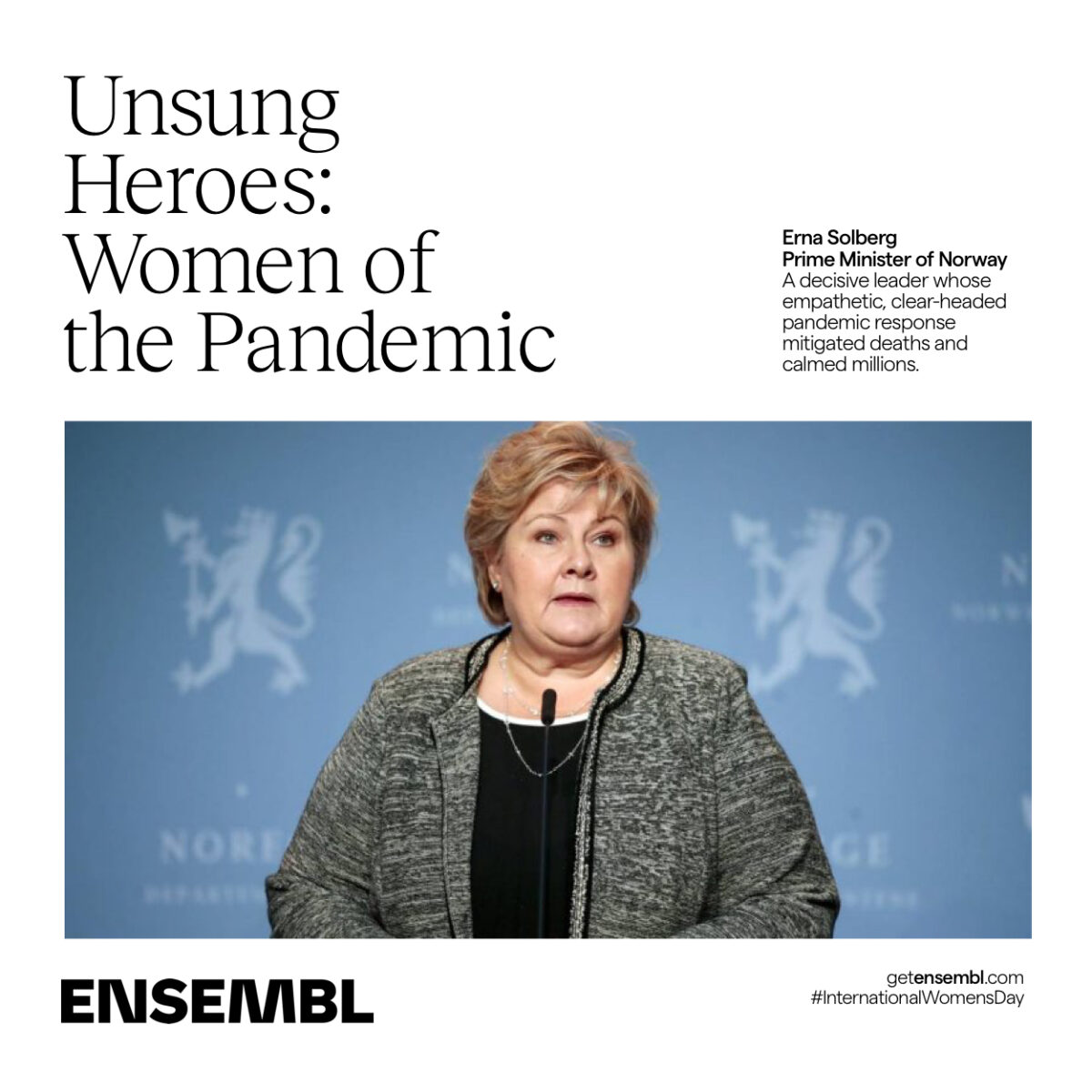
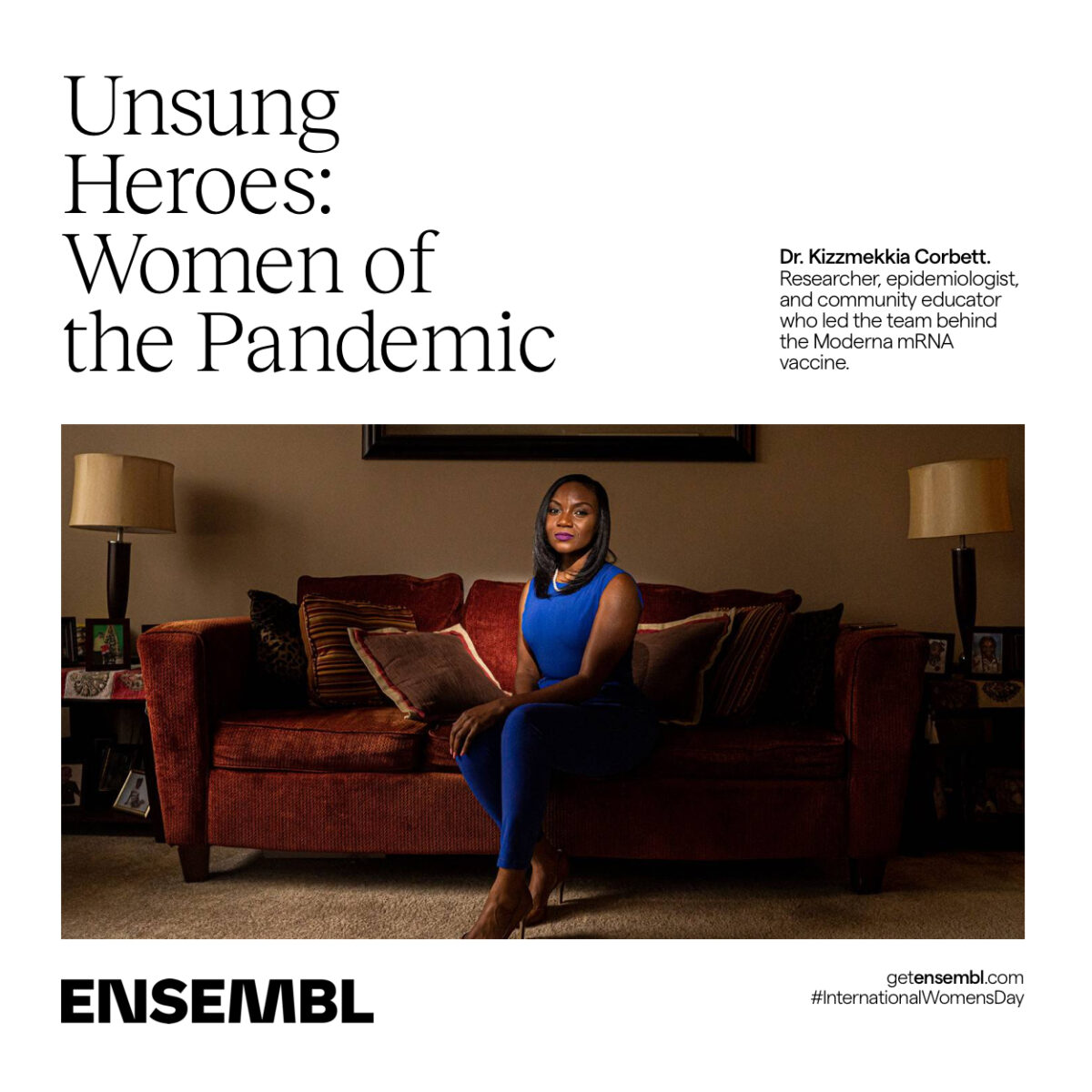
Beyond the political realm, women were also driving change on the scientific front. Dr. Kizzmekkia Corbett is an immunologist at the National Institute of Allergy and Infectious Diseases where she was, in the words of Dr. Anthony Fauci, “central to the development of the Moderna mRNA Vaccine”. More than a scientist, however, she is also a Black woman familiar with the mistrust many place in doctors or unknown medical procedures. During the pandemic, she carried on with the work she’d been doing since her early twenties: educating the public about science through speaking events at churches and other small community venues.
“For a long time, we left the general public on the outside of vaccine development, until it was time to give them their shot,” she said. “I can’t even blame anyone for being sceptical about this, because they don’t have any idea what went into it.” For Dr. Corbett, health is directly linked to social inequality. “I could never sleep at night if I developed anything — if any product of my science came out — and it did not equally benefit the people that look like me.”
The work of Dr. Corbett and the thousands of volunteers doing similar work at vaccine education and distribution sites across the world all share a common mission: caring for communities. This work is not inherently gendered, but the skills that go with it are traditionally feminine: conversation, connection, empathy, communication.
According to a study published in the Harvard Business review, these same skills are the ones employees value most in their leaders, especially during times of crisis. Women were rated 6% more effective leaders than men in a study of over 800 corporate leaders and women consistently outscored men on key “leadership competencies” when ranked by their subordinates.
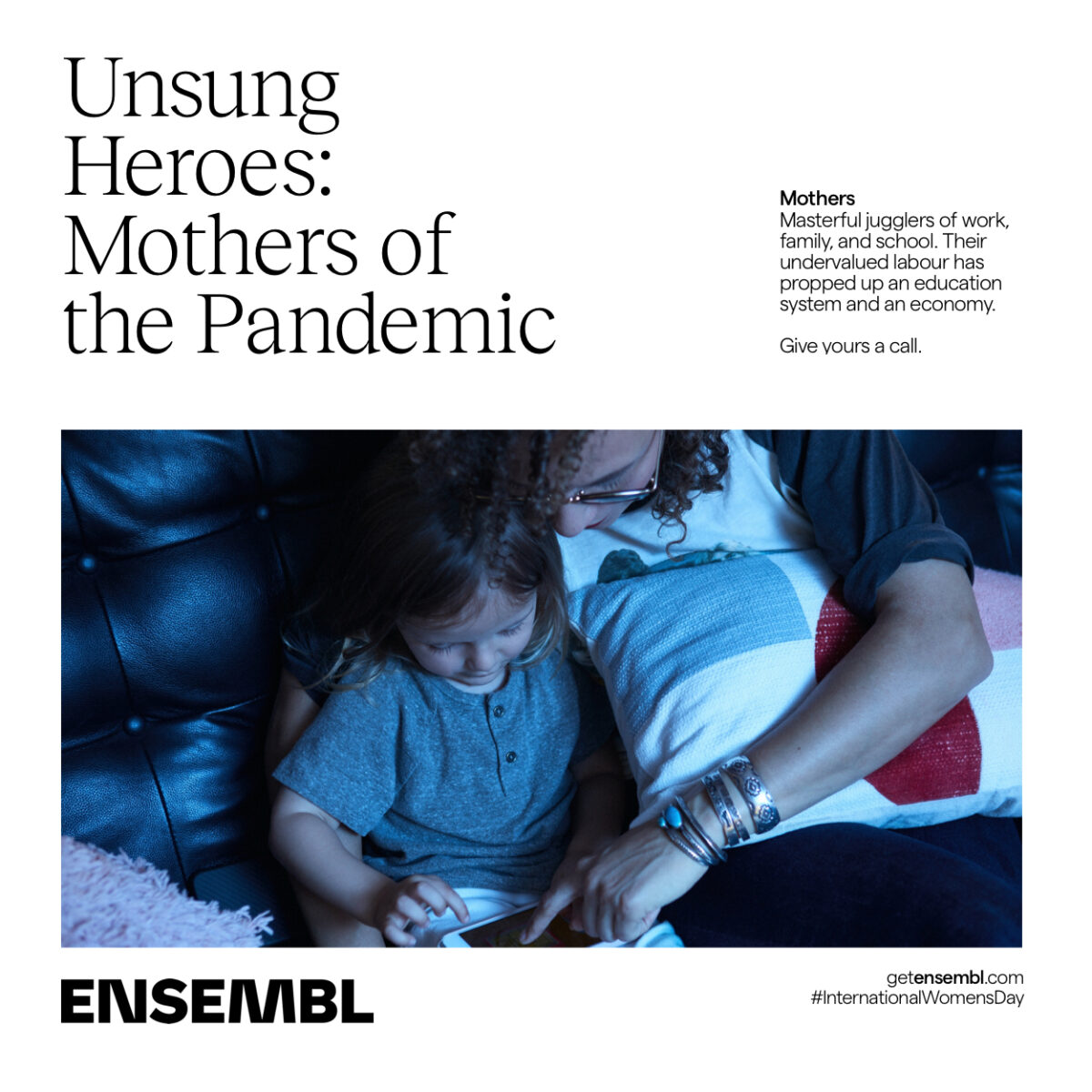
Outside the workplace, it is these skills that allow people, men and women alike, to pick up the slack of a shut-down child care system and take on the heroic task of raising and educating the next generation. But while both men and women are capable of taking on these responsibilities, women have overwhelmingly led the way. They juggle work, family care, and online schooling, all within a system with few mechanisms in place to alleviate the at home stresses of competing work-home demands, inadequate internet or technology access, and learning challenges. “It doesn’t matter how flexible your bosses and your colleagues are — at some point things start running into each other,” said one mother in an interview with NBC.
The long term effects of these added pressures have yet to be seen, but the impacts on children’s education and women’s pay equality gains will likely take a hit. Emergency rooms have seen a 31% increase in mental health related admissions for teens. The average student in grades 3-8 scored five to ten percentiles below students who took the test last year. Even worse, an estimated three million at-risk students are not going to school at all.
Advocates have long demanded access to affordable childcare, flexible working hours, and other measures that would make parenthood a more viable option for working women and men. Beyond the arguments for increased productivity and quality of life, the $65 billion loss in American wages and hits to education offer a clear economic incentive to support women’s choices, inside and outside the workforce.
Whether they be politicians, researchers, frontline workers, or mothers, women have played essential roles in steering us through a global pandemic and shaping the landscape of the world we will emerge into. From them we can learn the value of empathetic, compassionate, and humble leaders, of inclusive medical systems, and of the benefits that accrue to everyone when women are allowed the flexibility to balance work and home life.
“Women are the unsung heroes of this crisis,” said Executive Director of UN Women, Phumzile Mlambo-Ngcuka. And that deserves celebrating.
More Stories
-
 17.11.2025 | News
Black Friday Sale - 45% off everything *including Stackware*
17.11.2025 | News
Black Friday Sale - 45% off everything *including Stackware*
Our biggest (and only) sale of the year is here. Over $460++ off cookware. 45% off everything.*
-
 05.11.2023 | News
Celebrating with Rolls-Royce
05.11.2023 | News
Celebrating with Rolls-Royce
Bringing design, innovation, sustainability, performance, luxury, and craftsmanship together.
-
 01.11.2023 | News
Utility Patent Granted
01.11.2023 | News
Utility Patent Granted
The ENSEMBL: Stackware Removable Handle has received a utility patent.
Free shipping on all North American orders.